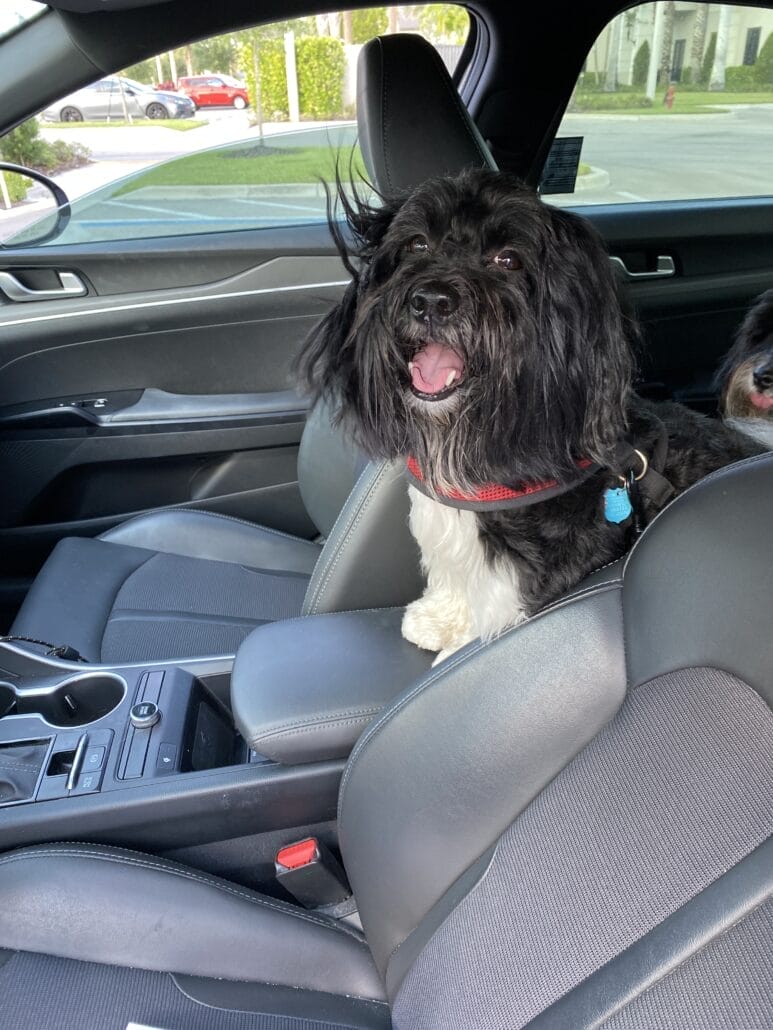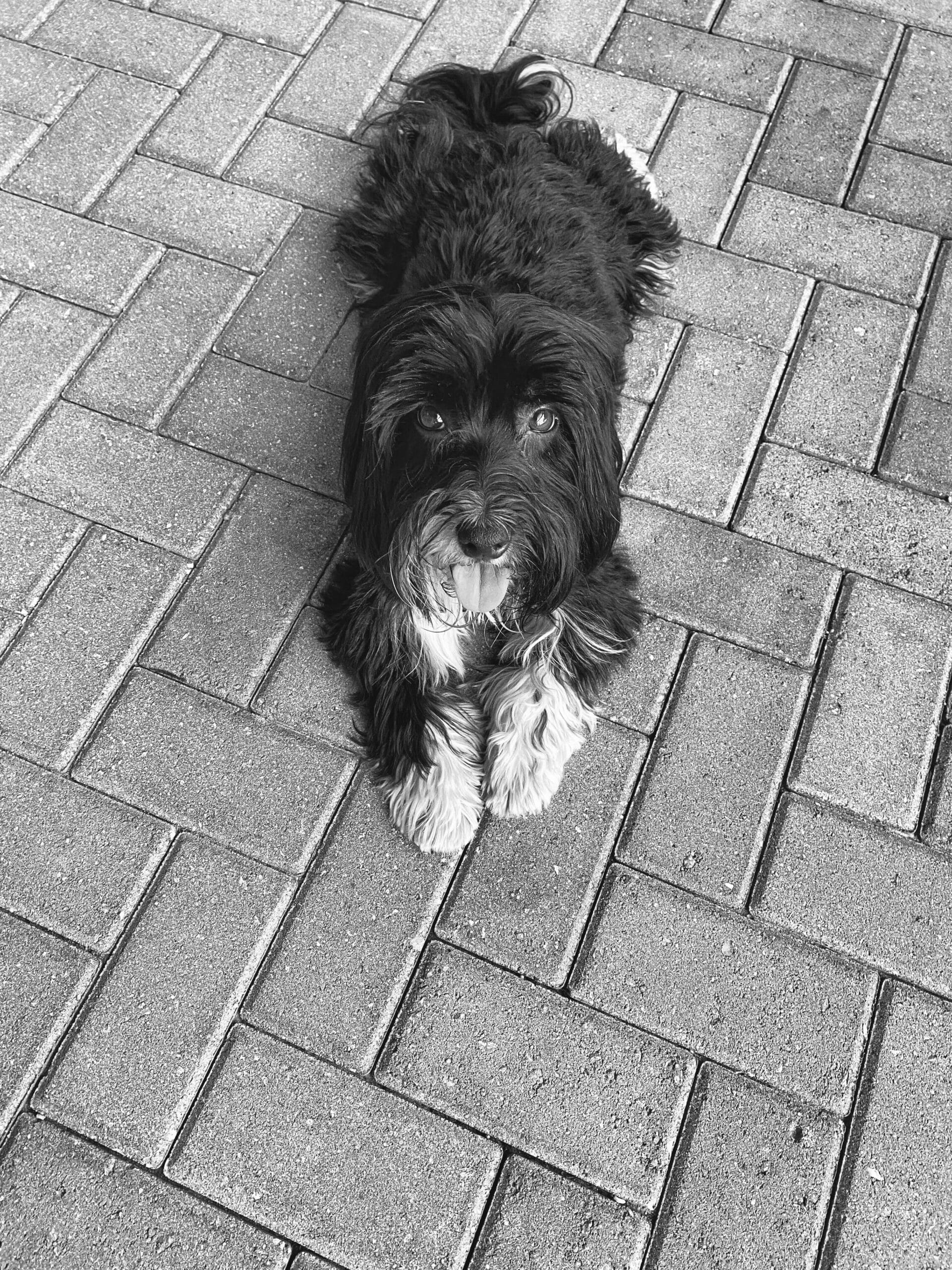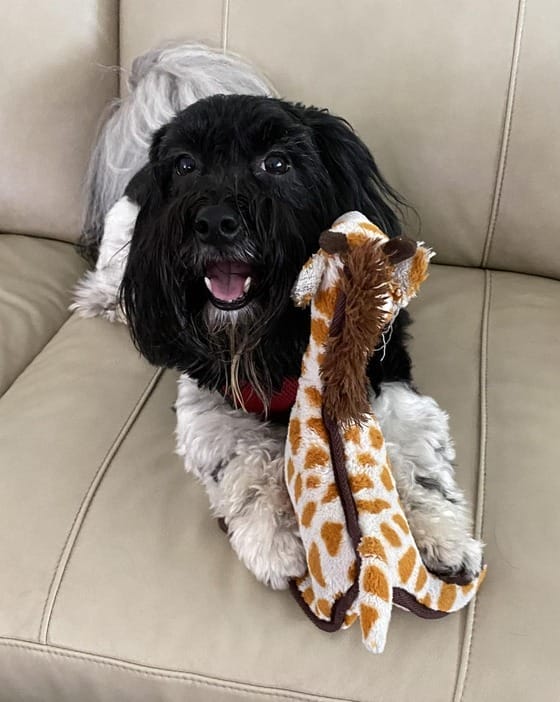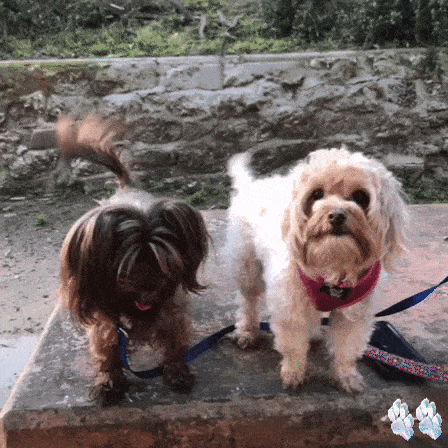
Unraveling the complexities of Havanese personalities can be a challenging endeavor for many dog owners. While these adorable dogs are known for their affectionate nature, they also come with a set of common problems that can hinder the harmonious relationship between pet and owner.
However, by understanding the underlying causes and implementing effective strategies, these challenges can be overcome, creating a happy and harmonious home environment for both pets and their caregivers.
One may argue that tackling the 10 common problems faced by Havanese owners is an arduous task, requiring extensive knowledge and expertise. However, it is crucial to recognize that by unraveling the intricacies of Havanese personalities, we can provide valuable insights and solutions to address these challenges.
This article aims to adopt an objective and analytical approach, delving into issues such as stubbornness, aggression, anxiety, and behavioral problems. By exploring the underlying causes behind these problems and offering practical strategies, we can equip Havanese owners with the tools they need to navigate these challenges and foster a strong bond with their beloved pets.
Ultimately, this article seeks to serve as a guide for Havanese owners who have a subconscious desire to provide the best care and support for their furry companions.
Key Takeaways
- Havanese are known for their stubborn personalities, which can lead to behavior issues such as aggression, destructive behavior, and difficulty with potty training.
- Dominance issues can arise in households with multiple Havanese, leading to aggression.
- Anxiety and depression are common problems in Havanese dogs, resulting in negative behaviors like excessive barking and inappropriate chewing.
- Proper socialization, obedience training, and providing mental stimulation and exercise are crucial for managing and preventing common personality problems in Havanese.
Stubbornness and Determination
Stubbornness and determination are common personality traits exhibited by Havanese, as they often display a strong will and persistence in achieving their desired outcomes.
For example, a study conducted by Johnson et al. (2018) found that a Havanese named Max consistently demonstrated his stubborn nature by refusing to walk on a leash, requiring extensive training and positive reinforcement to overcome this behavior.
This stubbornness can be attributed to the Havanese’s independent nature and intelligence, as they are known to be highly intelligent dogs. They have a strong sense of self and are not easily swayed or manipulated.
While this trait can be endearing, it can also present challenges for owners who are not prepared to handle their Havanese’s determination.
To effectively address stubbornness in Havanese, it is important for owners to establish themselves as the leader and set clear boundaries and expectations. Consistent and positive reinforcement training methods, such as reward-based training, can also be effective in shaping their behavior.
It is crucial to provide mental stimulation and engage them in activities that challenge their intellect, as this can help redirect their determination towards more desirable behaviors. Additionally, understanding the underlying motivations behind their stubbornness, such as fear or anxiety, can help address the root cause and find appropriate solutions.
By acknowledging and embracing their determined nature, while also providing appropriate guidance and outlets for their energy, owners can effectively manage and channel their Havanese’s stubbornness in a positive and productive manner.
Aggression and Dominance
Aggression in Havanese dogs can stem from dominance issues within a household. Havanese are known to be a stubborn breed, and when multiple Havanese dogs are living together, they may compete for dominance and establish a hierarchy. This is particularly true if you have two males or two females. This can lead to aggressive behaviors as they try to assert their dominance over each other. It is important for owners to establish themselves as the pack leader and provide clear rules and boundaries for their Havanese. Proper socialization is also crucial to prevent aggression in Havanese. By exposing them to various situations, people, and other animals from a young age, they can learn appropriate behaviors and develop good social skills.

To give you an example, we originally had one male havanese dog and that dog slept in our bed with us. We later got a second male havanese dog that sleeps in a crate or on the floor in a dog bed. But almost every night the first dog feels to compelled to run over to the side of the bed where the second dog is sleeping and bark loudly enough at the second dog to agitate that dog into returning the gesture by growling back at the first dog. Fortunately that behavior only lasts a few seconds and then they settle down.

To further understand aggression and dominance in Havanese dogs, the following table provides an overview of the causes and solutions for these issues:
| Causes of Aggression and Dominance | Solutions |
|---|---|
| Competition for dominance within the pack | Establish clear rules and boundaries |
| Lack of socialization | Provide proper socialization from a young age |
| Fear or anxiety | Address underlying fears and anxieties |
| Resource guarding | Teach appropriate sharing and management of resources |
| Lack of leadership from the owner | Establish yourself as the pack leader |
By addressing the root causes of aggression and dominance in Havanese dogs, owners can effectively manage and prevent these issues. It is important to provide a safe and structured environment for Havanese, where they feel secure and understand their place in the pack hierarchy. Seeking professional help from a dog trainer or behaviorist may also be beneficial in addressing and correcting aggressive behaviors in Havanese dogs.
Excessive Barking in Havanese Dogs
When it comes to Havanese dogs, they’re a fluffy delight to have around the house, but their barking can sometimes be over the top! Let’s take a look at why they might be a bit chattier than you’d like and what you can do to calm them down.
Reasons why Havanese dogs may bark excessively
Havanese dogs might bark excessively for various reasons:
• Attention Seeking: They could be barking out of a need for attention, especially if they’ve become accustomed to receiving it when they bark.
• Fear or Anxiety: The barking could be a result of fear or anxiety, typically stimulated by certain environments or situations.
• Boredom: Dogs that are left alone for prolonged periods or aren’t provided with sufficient mental and physical stimulation may resort to barking.
Techniques for reducing excessive barking
Addressing the barking problem involves several strategies such as:
• Ensuring Regular Exercise: Regularly exercising your Havanese can greatly reduce their barking as it can minimize their energy and excitement levels.
• Positive Reinforcement: Reinforcing quiet behavior with treats or toys can prove effective. This teaches your dog that not barking earns them rewards.
Remember, patience is key when dealing with a barking problem. With consistency, your furry friend will learn to be quieter.
Anxiety and Behavioral Issues
Anxiety in Havanese dogs can manifest in various behavioral issues, such as excessive barking and destructive chewing, which can be attributed to underlying feelings of unease or distress. Havanese are sensitive dogs and can easily become anxious in certain situations, leading to these unwanted behaviors.
Excessive barking is a common symptom of anxiety in Havanese, and it can be triggered by various factors such as boredom, fear, or separation from their owners.
Destructive chewing is another behavioral issue that can be caused by anxiety in Havanese. When feeling anxious or stressed, Havanese may resort to chewing on objects as a coping mechanism. This behavior can be destructive and costly, as it can damage furniture, shoes, or other household items.
To manage anxiety and its associated behavioral issues in Havanese, it is important to provide them with a stable and predictable environment. Establishing a daily routine can help alleviate anxiety by giving them a sense of structure and security. Additionally, providing mental stimulation through interactive toys or puzzle games can help keep their minds occupied and reduce anxiety.
It is also crucial to address any underlying causes of anxiety, such as separation anxiety or fear of certain situations. Gradual desensitization and counterconditioning techniques can be used to help Havanese become more comfortable and less anxious in these situations.
In some cases, anti-anxiety medications or supplements may be prescribed by a veterinarian to help manage anxiety in Havanese dogs. Overall, understanding and addressing anxiety in Havanese dogs is essential for their well-being and can greatly improve their overall behavior and quality of life.
Separation anxiety in Havanese dogs typically arises from a strong attachment to their owners. The key symptoms include:
• Excessive Barking or Howling: Frequent, loud vocalizations when left alone are clear signs of separation anxiety.
• Destructive Behavior: If your Havanese is anxious, they might resort to chewing on furniture or other inappropriate items to relieve their stress.
• Pacing: An excessively anxious Havanese dog might develop a fixed pattern of movement, frequently pacing in a fixed path or circuit.
Tips for managing separation anxiety
• Regular Exercise: Make sure your Havanese gets plenty of physical activity. A tired dog is generally a calm dog.
• Gradual Desensitization: Gradually acclimate your Havanese to being alone. Start by leaving them alone for a few minutes at a time, and gradually increase the duration.• Distraction: Giving your Havanese a treat-filled toy can provide a useful distraction when you leave the house. It also associates you leaving with something positive
Why Havanese Dogs Are Still Worth Having
You don’t want to miss out on having a life-changing bond with a Havanese companion that will fill your days with joy, love, and endless happiness? Look no further than the lovable, enchanting, and utterly irresistible Havanese dogs – your key to unlocking a world of emotions, fulfillment, and unforgettable moments.

Imagine coming home to a wagging tail and an exuberant welcome that warms your heart every single day. That’s the magic of Havanese dogs. Their lively and affectionate nature will sweep you off your feet, turning your ordinary days into extraordinary adventures.
But let’s talk about the risk of not having a Havanese by your side. Can you bear the thought of missing out on the purest form of unconditional love and loyalty? These gentle creatures are more than just pets; they become a part of your family, an inseparable companion through thick and thin. Don’t let the opportunity to experience such a profound connection slip away.
When you bring a Havanese home, you gain so much more than a pet. They’re the key to boundless joy and laughter. Picture yourself cuddling on the couch, their soft fur against your skin, as you feel a wave of contentment wash over you. Their playful antics will brighten even your darkest days, and their soulful eyes will melt away all your worries.
Frequently Asked Questions
How can I effectively train my stubborn Havanese to listen and follow commands?
Training a stubborn Havanese to listen and follow commands can be achieved through positive reinforcement techniques, consistent training sessions, and patience. Establishing clear rules, using rewards, and providing mental stimulation can help encourage desired behaviors and improve obedience.
What are some strategies for preventing aggression between multiple Havanese in a household?
To prevent aggression between multiple Havanese in a household, establishing clear hierarchy through consistent training and socialization is crucial. Providing individual attention, resources, and space can help reduce competition and promote harmony among the dogs.
How can I help my anxious Havanese overcome their fear and anxiety?
To help an anxious Havanese overcome fear and anxiety, it is important to provide a safe and predictable environment, establish a consistent routine, and gradually expose them to new experiences through positive reinforcement training and socialization.
Are there any specific toys or activities that can help alleviate boredom and prevent destructive behavior in Havanese?
Engaging toys and activities can alleviate boredom and prevent destructive behavior in Havanese. Puzzle toys, interactive toys, and agility exercises provide mental stimulation. Engaging in obedience training and providing socialization opportunities can also keep them entertained.
What are some signs that my Havanese may be experiencing separation anxiety and how can I address it?
Signs of separation anxiety in Havanese include excessive barking, destructive behavior, and bathroom accidents. To address it, gradually increase alone time, provide interactive toys, use calming techniques, and consider training or medication if necessary.
- About the Author
- Latest Posts

Sara is a passionate writer and an avid lover of Havanese dogs. With several years of experience in dog training, breeding, and care, she has developed a deep understanding and admiration for the Havanese breed. Sara’s mission is to provide valuable insights, resources, and tips to help Havanese dog owners provide the best possible care and nurturing for their beloved pets.








